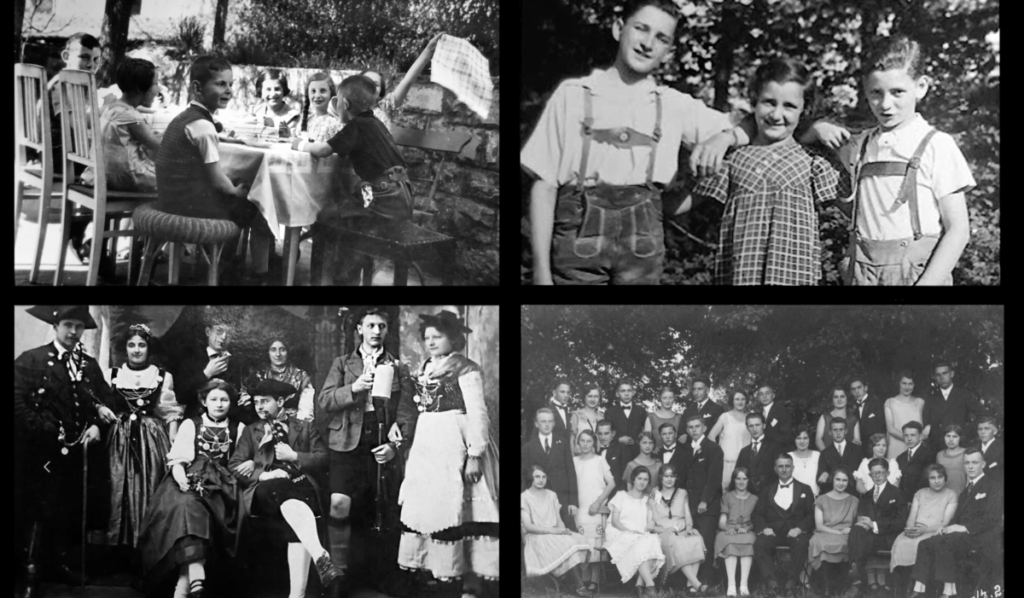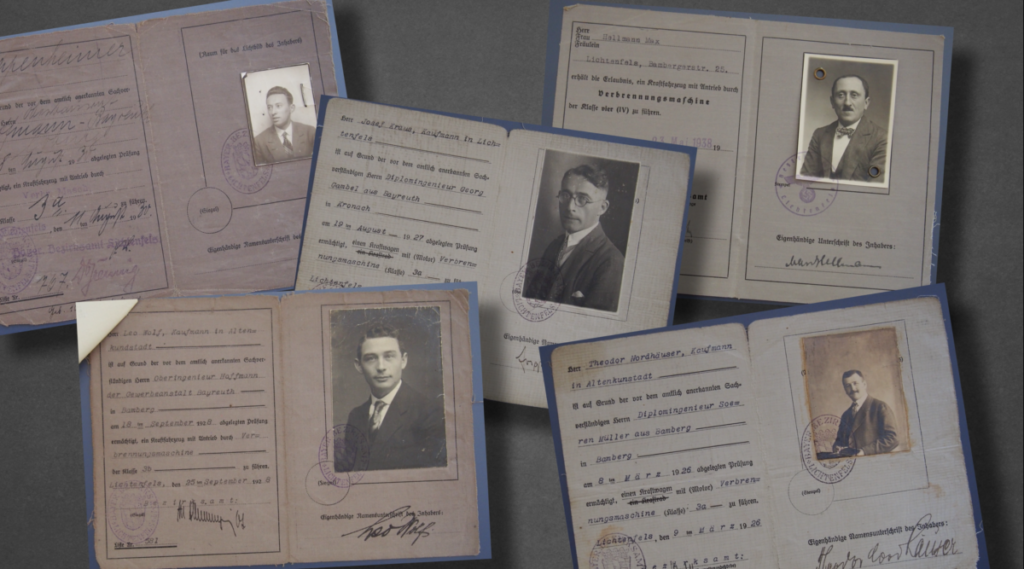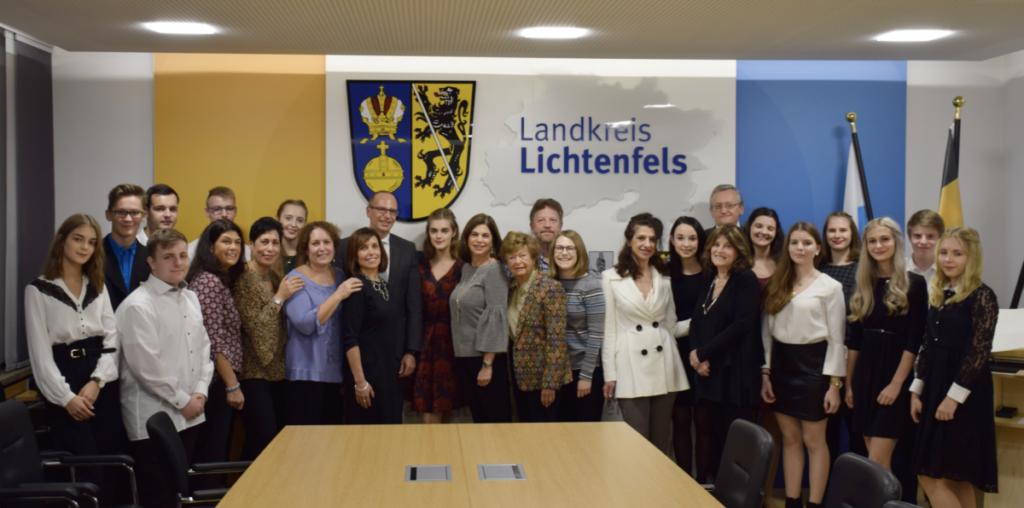In 2017, 13 driver’s licenses (DLs) were discovered in the basement of the county office in Lichtenfels, a small town in Germany. They had been confiscated from Jewish citizens in 1938. After months of research, high school history students found that 5 of the DL holders had perished in the Holocaust; and 8 had escaped to Israel, Argentina, and the USA. The students and their teacher located the descendants and, in a move unique in Germany, invited them to their ancestors’ hometown Lichtenfels for the return of the DLs. The visit was life changing for many—highly emotional, cathartic, and with deep connections turning into friendships. The students’ project has won multiple awards, serving as a model of how to process history and find a way forward in the spirit of reconciliation and friendship.

13 Driver’s Licenses Films is a two-part documentary. Part One “13 Driver’s Licenses” (27 minutes) is complete and focuses on the students’ project. The film asks the essential questions: What was life like in this town before the rise of the Nazis? What did Jewish citizens experience in the 1930s? What were their fates? The film will showcase archival material, interviews with the students and their teacher, and the experience of Lisa Salko, one of the driver’s license holder’s descendants—with the goal of exploring how a horrendous past can be transcended through remembrance, reconciliation, and friendship.

The students’ project started a large-scale investigation in Lichtenfels on the previously hidden fates of all of the county’s Jewish citizens—including those who didn’t hold a driver’s license.
Part Two “Facing History” (working title) will explore the fates of these Jewish citizens in detail and paint a portrait of their lives before, during, and after the Nazi era. The film will feature descendants of Jewish citizens who survived (including children, now in their 90s, who remember growing up in Lichtenfels), a journey to Sobibor in Poland where Jewish citizens from the county of Lichtenfels were murdered, regional historians and archivists, as well as a local non-Jewish contemporary witness. “Facing History” will ask the essential questions: What did individual Jewish families experience before and during the rise of the Nazis? Why did some successfully escape but others perished? How did the survivors fare who settled overseas? What did the survivors experience who returned to Lichtenfels to visit or to settle? How much of the Nazi history of Lichtenfels has been uncovered? How do surviving children and descendants view Germany now? Is reconciliation possible? The film will showcases archival material, reenactments of pivotal incidents, and diverse voices—with the goal of exploring how fates and crimes hidden for over 80 years can be unearthed and how the ensuing revelations enable both modern-day Germans and Jewish descendants to experience a sort of catharsis that opens the path to dialogue. In that, the film doesn’t limit itself to a mere recording of Nazi-era events but highlights ways to transcend history and take responsibility for the past and the future—in Germany and beyond.




